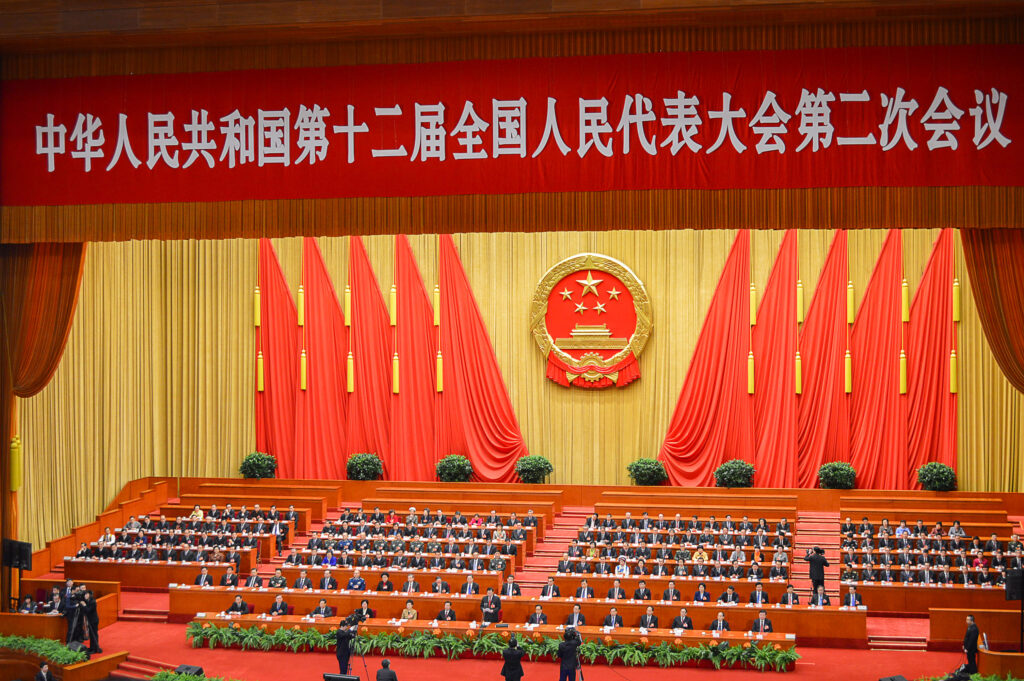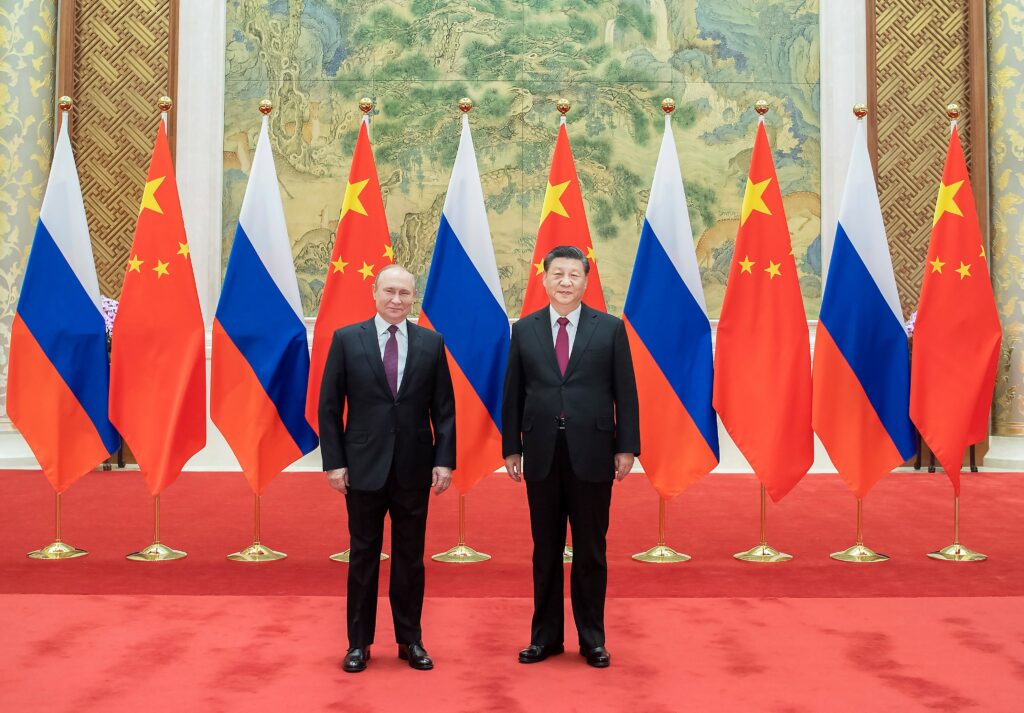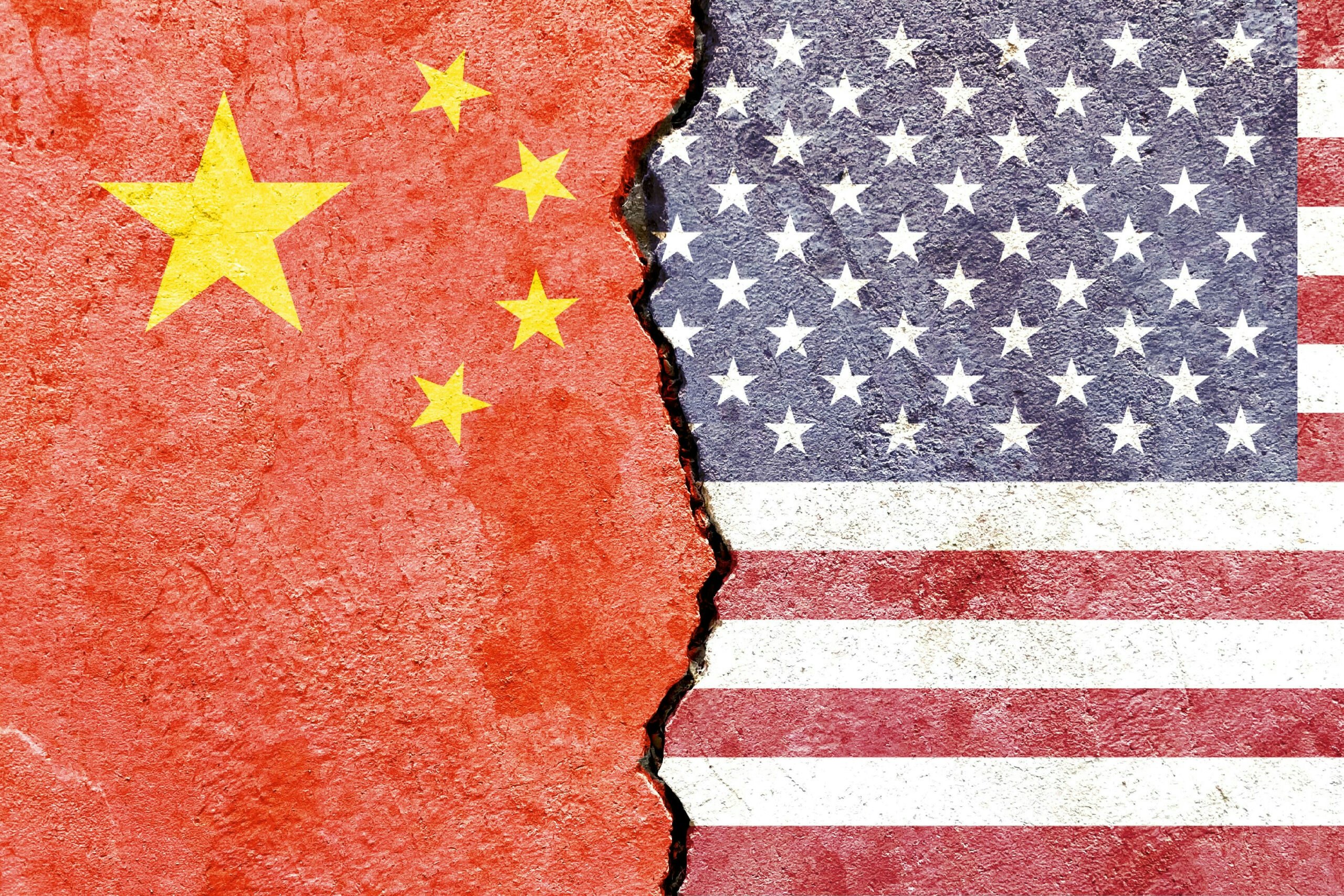China “presents America’s most consequential national security challenge,” according to the most recent National Security Strategy of the United States. What is known as the China challenge is among the few domestic or foreign policy issues that have united Democratic and Republican administrations in recent history. As Mike Gallagher, the former Chairman of the bipartisan House Select Committee on the Chinese Communist Party, said: “This is an existential struggle over what life will look like in the 21st century – and the most fundamental freedoms are at stake. “
The rise of an authoritarian China is a multigenerational call to action for the United States to address. Members of Congress and top administration officials alike have believed that dealing with Beijing in the long term will be an all-societal undertaking in which America and Americans must prevail if our country is to keep its privileged position as the leading superpower that shapes the global order – or let a communist authoritarian regime fundamentally reshape that order.
State of Play

The Biden Administration has pursued a policy to “manage” U.S.-China competition, while top U.S. officials have emphasized that U.S.-China relations need not be a zero-sum game for the United States to secure its long-term economic and national security interests. While this attempt at détente may provide a temporary safety valve to cool tensions, it is not a sustainable long-term strategy to contain Beijing’s authoritarian ambitions.
The path forward to successfully address the China challenge is to rejuvenate the domestic and foreign policy determinants that have made the United States the leading global power from the mid-20th century to the present day. China under Xi Jinping is an aggressive, expansionist, and mercantilist power that seeks to supplant the U.S. vision of the global order with its own authoritarian version. To counter it, we must implement a comprehensive strategy coupled with tactical policy tools, such as sanctions and defense deterrence activities, to achieve maximum effect.
Next Steps

Like a boxer before a title fight, America needs to show up with the best version of itself to compete – and prevail – in the competition with its greatest geopolitical rival of the 21st century. To ensure long-term success, the United States should do the following:
-
Reinvest with purpose in our domestic competitiveness by fully funding science and innovation programs, higher education, and by enacting immigration reforms that will continue to attract the best and the brightest minds around the world to the United States.
-
Rebuild with haste our national security defense base, which atrophied during the post-Cold War “peace dividend,” by drastically increasing investments in key defense items, such as shipbuilding, ammunition production, and autonomous weapons systems of the future.
-
Prioritize human rights in China by imposing sanctions against all Chinese Communist Party (CCP) officials who violate the basic rights of their citizens as well as those who commit transnational repression against diaspora and the naturalized citizens of other countries, and penalizing all private companies that enable Beijing’s repressive behavior; take concrete actions against CCP sharp power and political interference at home and abroad; and provide rhetorical and material support to dissidents who peacefully advocate for a free and democratic China.
-
Compete effectively with China’s geostrategic global initiatives by prioritizing and strengthening U.S. investments in global health, such as the President’s Emergency Plan for AIDS Relief (PEPFAR), and transparent development funding programs, such as the Millenium Challenge Corporation (MCC).
-
Work with like-minded allies to deter China from helping Russia fuel its war of aggression against Ukraine, which would also deter China from invading or otherwise threatening Taiwan and prevent the rise of a China-led global axis of authoritarianism.






























